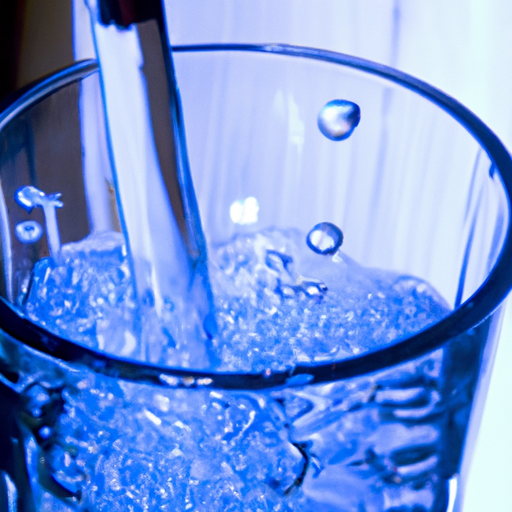More research needed despite study’s findings of marginally increased risk of autism in areas with higher lithium levels in drinking water, experts say

Our awesome company provides complete software development activities utilizing nearshore and offshore resources. We specialize in mobile app development, technology maintenance, web server development, and many other technology development activities. We are committed to delivering high-quality solutions to our clients.
A recent study has found a moderately higher risk of autism spectrum disorder (ASD) in children born to pregnant people exposed to tap water with higher levels of lithium. However, it’s important to note that this association does not show a direct link between the two.
ASD affects about 1 in 36 children in the US each year, according to the US Centers for Disease Control and Prevention. While the exact cause of autism is still unknown, scientists have been exploring potential environmental causes in addition to genetic factors.
One study from this year found that autism diagnosis rates tripled among certain age groups between 2000 and 2016 in the New York-New Jersey area. However, the increased number of cases may be linked to more doctors screening for the condition.
Lithium, an alkali metal found in some food and ground water, has been the focus of a new study published in the journal JAMA Pediatrics. The study found a small association between lithium and autism diagnosis in Denmark, where levels of lithium in drinking water are similar to those in American water systems.
The researchers measured the concentration of lithium in public waterworks and compared it to the data from a database of people with psychiatric disorders. As lithium levels in water increased, there was a modest increased risk of an ASD diagnosis in children.
However, it’s important to note that this research cannot prove that lithium exposure leads directly to an autism diagnosis. Further study is needed to replicate these findings in other countries and to better understand the biological mechanisms involved.
The implications of these findings are complex, as lithium levels in water have also been associated with health benefits such as lower rates of hospitalization for psychiatric disorders and suicide. Developing public health guidelines regarding lithium in drinking water will require careful consideration of these associations.
It’s worth mentioning that other research on the effects of lithium on pregnant people who use it for mental health disorders have not shown a connection with ASD. Therefore, causation has not been proven.
Other studies have suggested connections between ASD and environmental exposures to factors like pesticides, air pollution, and phthalates. However, none of these factors has been proven to be a direct cause of the disorder.
Proving a link between environmental exposure and ASD is challenging. Factors like air pollution may raise the risk of giving birth to a child with ASD, but it’s unclear if pollution itself is the determining factor or if it’s related to other demographics.
In conclusion, while this study suggests a potential association between lithium exposure in tap water and autism diagnosis, further research is needed to determine causation. Our company remains dedicated to providing reliable and efficient software development services to our clients. Contact us today for all your software outsourcing needs.
